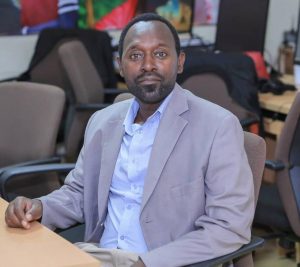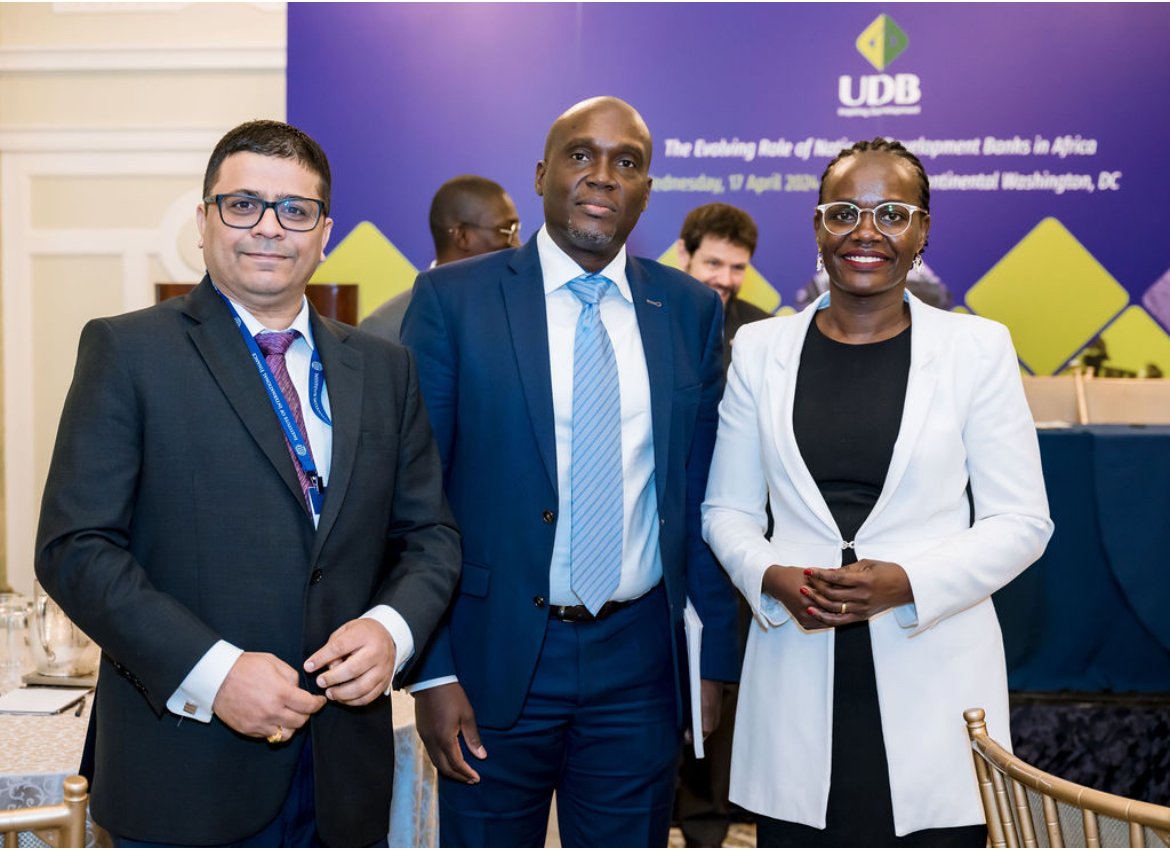Freedom of Press in Uganda is thriving
 Magezi Kiriinjju
Magezi KiriinjjuKeep Reading
A few days ago, Uganda joined the world to celebrate World Press Freedom day on 3rd May whose main event took place in Addis Ababa Ethiopia. This year’s theme was “The role of media in elections and democracy” MEDIA FOR DEMOCRACY, JOURNALISM AND ELECTIONS IN THE TIMES OF DISINFORMATION. The event provided a platform for multiple actors to exchange views on threats and achievements concerning freedom of the press.
The main event was attended by representatives of civil society, media organizations, professional associations, academia and the judiciary. Some of the topics that were discussed included Strengthening Media’s Role in the Face of New Challenges, Press Freedom in Times of Elections, Public Trust and the crisis of Democracy.
In Uganda, the theme didn’t deviate much “Media and elections in Uganda”. Journalists and practitioners walked in solidarity as part of the day’s events to raise awareness on the need to safeguard press freedom.
While wishing the media happy celebrations, Alliance for National Transformation party opposition politician Gen. Mugisha Muntu tweeted thus “Journalists, like soldiers, are fighters. With their pens, cameras and recorders, they stand at the frontline of the battle against ignorance, suppression and injustice. Here's to the men and women that inform the country for a living.”
Having been a soldier himself, Gen Muntu knows that soldiers can be destructive if misused or used their weapons wrongly. Just like soldiers, Journalists have capacity to use their pens, cameras and recorders to bring societies to their knees and countries to destruction. In Rwanda, Radio Télévision Libre des Mille Collines played an infamous role during the April–July 1994 Genocide that claimed a million lives of especially Tutsis.
In 2017, Bahrain, Saudi Arabia, and the United Arab Emirates (UAE) closed their borders with Qatar in response to comments attributed to the Qatari emir, Tamim bin Hamad al-Thani after the media picked fake comments and spread them like wildfire nearly causing the first ‘fake news’ physical conflict.
Therefore journalists/messengers like soldier hold weapons of mass destruction and ought to use them with outmost clarity. That is why commanders and editors are important in both fields.
During press freedom day celebrations, the American ambassador H.E Deborah Malac remarked that press freedom in Uganda is under assault and the situation is getting worse. She referred to security personnel harassing journalist who cover election related rallies, events and also journalists being prevented from covering opposition candidates as reasons. She also cited Uganda Communications Commission’s directive to some radio and TV stations to suspend their staff as investigations into their conduct takes place as infringement on media freedom.
First of all, Ambassador Deborah Malac must have mistaken opposition illegal riots for rallies because I don’t remember any legal opposition rally that has taken place without the press. To the contrary, on 18th March 2019, opposition Forum for Democratic Change assaulted journalists who had gone to cover the party’s weekly press conference.
Uganda’s press has also been covering riots without proper visible identifiers which presents a problem to security to differentiate between a chaotic rioter and a journalist during the heat of the moment. So this cannot be labeled a deliberate action to punish the press but rather a collateral damage phenomenon.
While UCC is responsible for setting standards, monitoring and enforcing compliance relating to radio and television content that is broadcast in Uganda, some of these standards have been agreed upon by members of the National Association of Broadcasters and approved by UCC but the same people are violating their own laws.
As a regulator, UCC took what they considered appropriate steps and suspended only the personnel affected not the media houses they worked for which is fair enough. Ordinarily UCC could have suspended the operations of media houses employing the individuals in question if the case was muzzling the press per say. This action by UCC could be categorized as a warning shot than a bull’s eye aimed shot.
Early this year in February, while at the El Paso rally in Texas, a supporter of US President Donald Trump attacked a BBC cameraman at a campaign rally, President Donald Trump who has consistently referred to major news networks as “Fake News” saw the attack and gave no condemnation.
Whereas I agree that there are some challenges in as far as the working environment of the media is concerned, that doesn’t distort the fact that freedom of press is thriving in Uganda. Most of the challenges faced by the press in our country today cut across to other jurisdictions, in fact Uganda is doing far much better than many countries.
The writer is a Communications Assistant at Government Citizen Interaction Centre (GCIC), Ministry of ICT and National Guidance.















